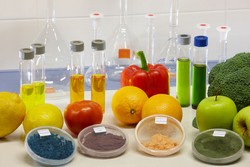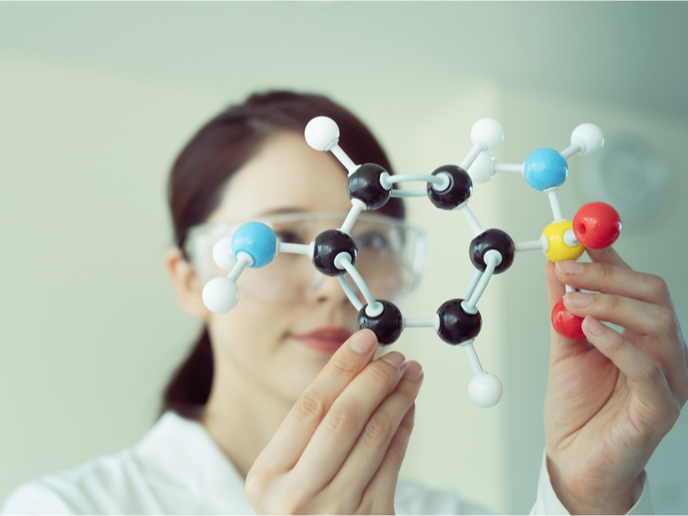How to create plastic from a potato peel
Approximately 192 million tonnes of waste and by-products are produced annually by the fruit and vegetable processing industry in EU-15 countries. This food waste contains valuable biomass that could replace petrochemicals as carbon sources to create industrial products. High processing costs and insufficient knowledge on the technology involved have however limited its wide-scale adoption. The EU-funded TRANSBIO(opens in new window) (Biotransformation of by-products from fruit and vegetable processing industry into valuable bioproducts) initiative developed cost-effective ways to transform fruit and vegetable by-products into three valuable industrial products. In partnership with industry, TRANSBIO produced biodegradable plastics (polyhydroxybutyrate (PHB)) for packaging, succinic acid for food applications and enzymes for use in detergents. Having identified suitable bacterial and yeast strains, researchers developed ways to release sugars from different fruit and vegetable by-products as carbon substrates for fermentation. To improve product yields, they also developed different fermentation strategies suited to each microbe/by-product/industrial product combination. Breakthroughs included finding bacteria that produce PHB from by-products like potato peelings and banana pulp, and yeast strains that tolerate high levels of succinic acid. In addition, researchers developed new fermentation protocols for enzyme-producing fungi that offer advantages over conventional fermentation methods. In the project's final stages, researchers teamed up with industry partners to modify and scale up their fermentation protocols. They also genetically modified microorganisms like the common laboratory bacterium Escherichia coli for higher yields, which they used to produce large amounts of PHB. TRANSBIO members also investigated whether they could reduce wastage even further by creating biogas and fertiliser from biomass left over from their fermentation reactions. Finally, researchers evaluated the environmental and economic impacts of all the project's stages, from liberating a by-product's sugars to purifying the product from fermentation reactions. Promoting safe and sustainable industrial practices will make Europe's biotechnology industry more competitive while reducing environmental impact.







